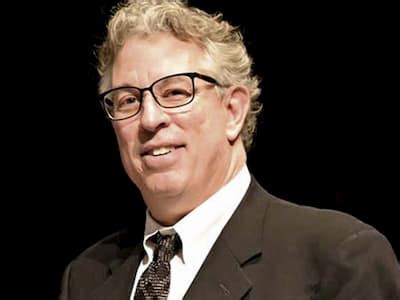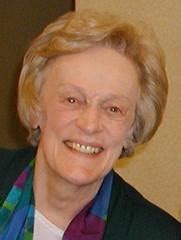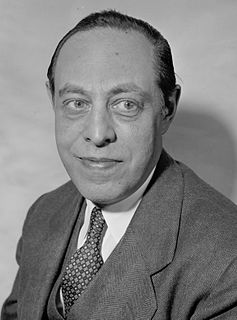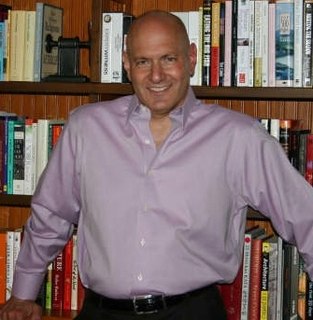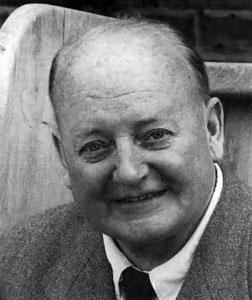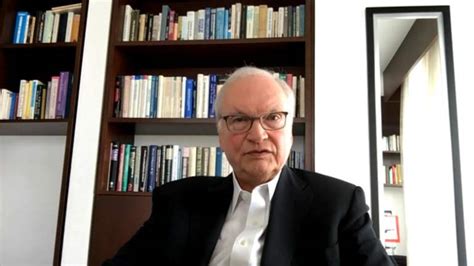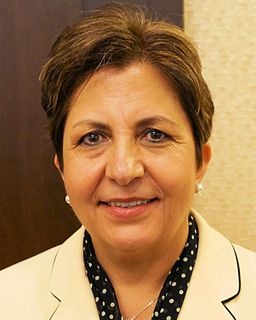Top 8 Quotes & Sayings by Bruce D. Perry
Explore popular quotes and sayings by an American psychiatrist Bruce D. Perry.
Last updated on April 15, 2025.
For years mental health professionals taught people that they could be psychologically healthy without social support, that “unless you love yourself, no one else will love you.”…The truth is, you cannot love yourself unless you have been loved and are loved. The capacity to love cannot be built in isolation
